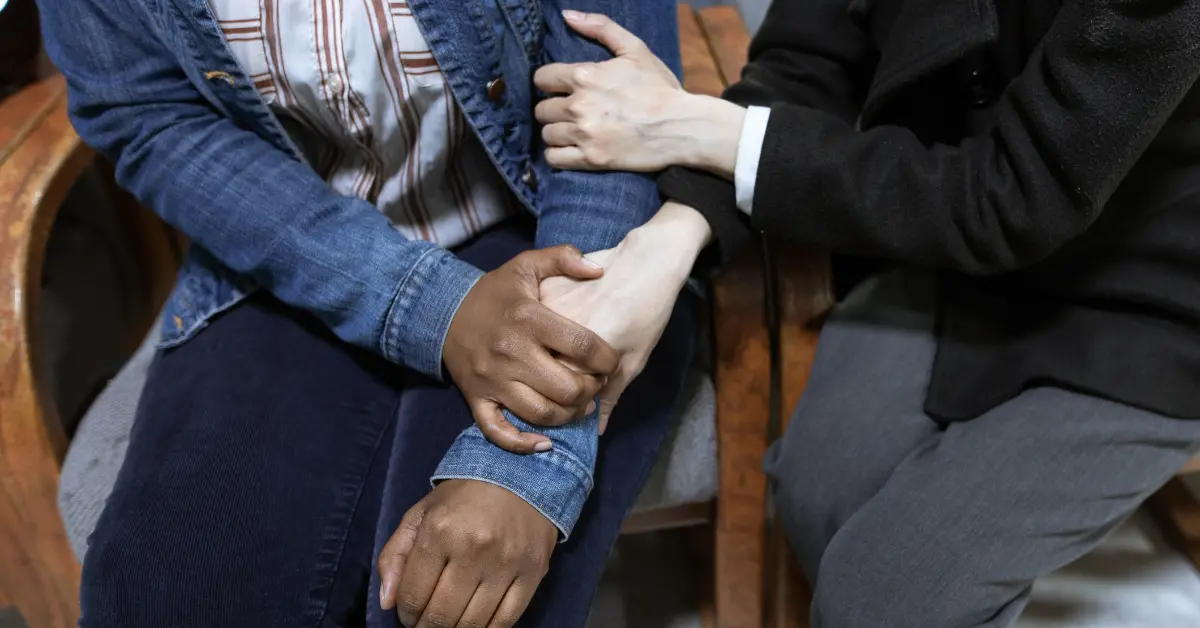Home » Addiction Treatment Therapies
Addiction Treatment Therapies
Many addiction treatment therapies also address mental health issues simultaneously. While these options vary by treatment facility and your unique needs, at Lighthouse Recovery Institute, our comprehensive addiction treatment therapies are adapted to craft a unique treatment plan.
Different addiction therapies may include psychotherapy, talk therapy, substance abuse counseling, behavioral therapies, group therapy, and other interventions.
Addiction Treatment Therapies at Lighthouse:
- Individual therapy – In individual therapy, a patient works one-on-one with a licensed professional in private sessions to acquire self-knowledge, insight into their addiction, and coping skills for their maladaptive behaviors.
- Group therapy – Group therapy gives people in recovery the opportunity to learn new coping techniques, practice their communication skills, and gain hope and strength from their peers.
- Family therapy – Family therapy aims to encourage understanding and collaboration among family members to solve the issues within the family system and enhance communication and trust.
- Trauma resolution therapy – One of the leading underlying causes of addiction is trauma. Trauma resolution therapy helps people to heal from trauma and learn coping skills for the future.
- Cognitive-behavioral therapy (CBT) – One of the most popular behavioral therapies for dual diagnosis treatment is cognitive-behavioral therapy. This addiction treatment therapy offers individuals various ways to recover from their addiction and manage their mental health disorders.
- Dialectical behavioral therapy (DBT) – This form of behavioral health therapy focuses on encouraging patients to accept themselves and start making changes to live a healthier and more meaningful lifestyle.
- Rational emotive behavioral therapy (REBT) – This form of therapy addresses specific events and teaches people that their beliefs about an event trigger their reactions.
- Cognitive therapies – A subtype of CBT, which is helpful as an addiction treatment therapy, the general idea is to help modify someone’s emotions, behaviors, and beliefs.
- Motivational interviewing – Motivational interviewing is often included in treatment plans of people struggling with dual diagnoses. It involves a form of talk therapy in which the therapist shows empathy while affecting change in the person’s negative behaviors.
- Schema therapy – Schema therapy is a common form of psychotherapy used to treat personality disorders. It helps people understand why they developed schemas and how they can affect their decisions and behaviors and teach them how to manage these schemas.

Our Addiction Treatment Therapies
At Lighthouse Recovery Institute, we aim to provide a comprehensive and intricate approach to substance abuse treatment. We develop a unique treatment plan that best meets the individual’s clinical and medical needs. Offering evidence-based therapies by experts in their field, we provide a supplemental curriculum that integrate into the programming for individuals who will benefit.
Our treatment center provides access to:
- 12-step support groups
- Process groups
- Trauma therapy groups
- Grief groups
- LGBTQ+ groups
- Anger management groups
- Mindfulness groups
- Coping skills groups
- Life skills development
- Communication groups
- Aftercare program groups
- Medication-assisted treatment options
- Alumni groups
- Gender-specific groups
- Relapse prevention program
- Treatment for special populations
- Addiction treatment for college students




